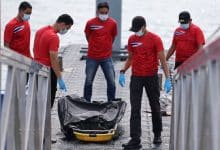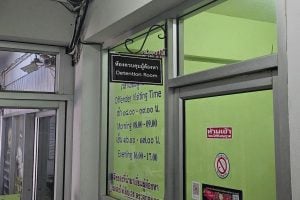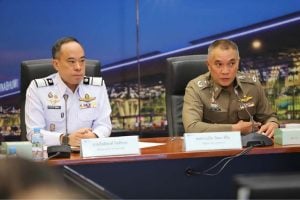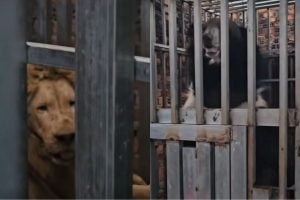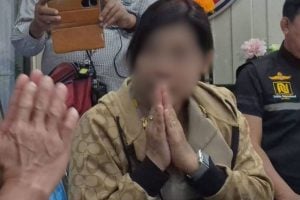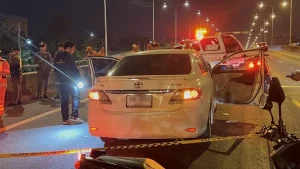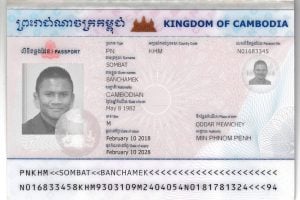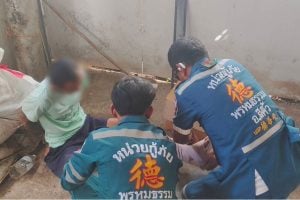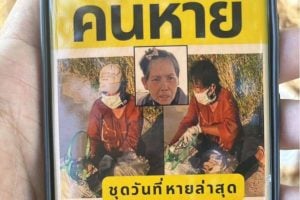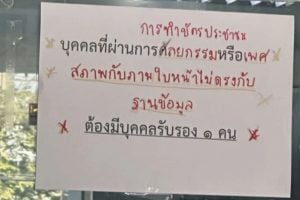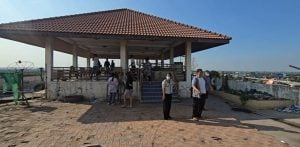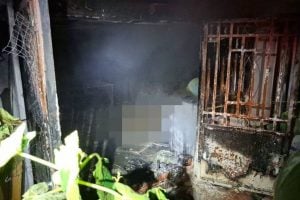Bangladeshi-Burmese border conference offers model for Thailand
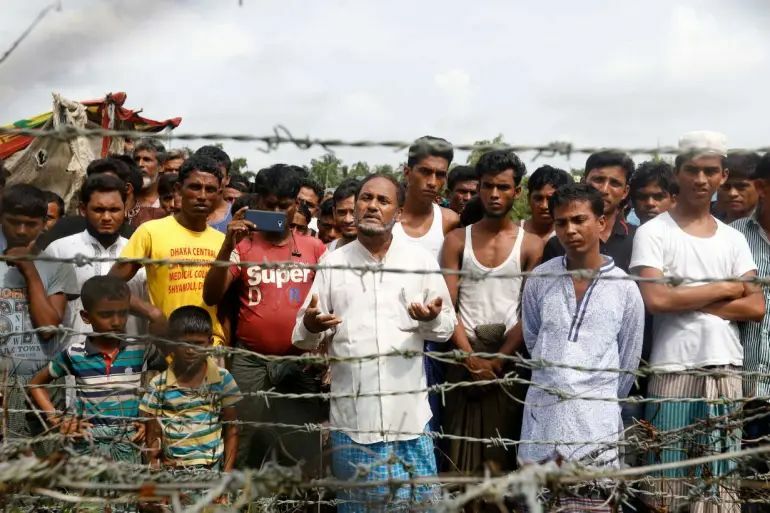
A Bangladeshi-Burmese border conference between security forces finishes today in Myanmar’s capital Nay Pyi Taw. Does Thailand have anything to learn from the Bangladeshis who face perhaps greater problems dealing with the kakistocracy across the river?
The situation on the border is tense, due to internal conflict in Myanmar, violations of airspace, terrorism, cross-border crime and the Rohingya refugee problem. Mutual trust between the two sides is at a low ebb.
There are many problems regarding the repatriation of detained or imprisoned citizens of both countries, including the return of forcibly displaced Myanmar citizens. Opinions sharply differ on who is a crook and who is a refugee.
In a meeting on October 30, both sides expressed regret at recent border incidents. There were many protests against mortar shells and helicopters violating Bangladeshi airspace, with Myanmar promising that such incidents will not happen in future. The meeting demonstrates that there is a very long way to go to clear the way for the repatriation of the Rohingya.
It is more difficult to detect security issues such as narco-trafficking and illicit mining in border areas due to their unwelcoming topography, but the security of borders is a challenge for all neighbouring states. Bangladesh and Myanmar must place an even higher priority on maintaining security to stop the flow of terrorists, drugs and weapons.
Cross-border and other security threats have grown more complicated over the past few years, and difficulties are piling up. Threats are too great for any state to handle (or create) on its own. The Bangladeshi-Burmese border conference shows how it is essential to increase cooperation on both a regional and global scale.
Results are only attained by employing comprehensive and constructive – hard and soft – solutions to border security management including both government, security and defence enforcement forces and civil society players.
Latest Thailand News
Follow The Thaiger on Google News:
